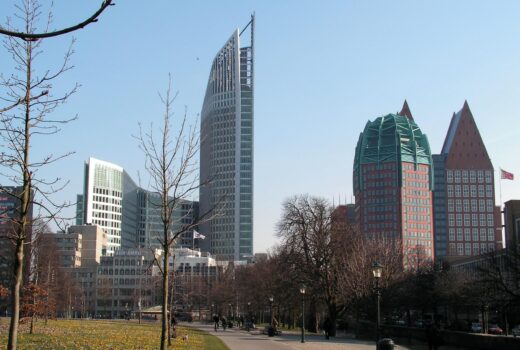Leren loont, ook hier

Schleicher zegt in gesprek met ScienceGuide aan de vooravond van de International Summit on the Teaching Profession over de opbrengsten van goed onderwijs behartigenswaardige dingen. En over hoe mensen hun gedrag daar op aanpassen.
“In East Asia, students and families invest very significant amounts of time and money into their education, and with very high returns. This is generally also true in North America. In Europe, individuals often hesitate to invest their own money into their education, even though our data show that this is a far better investment than any long-term investment on the financial markets.”
In one way, skills have become the currency of 21st economies. Never before have those with high levels of skills had the kind of life chances they enjoy today, and that is despite the economic crisis. But never before have the penalties that individuals and nations pay who struggle with the transition to the knowledge economy have been larger too.”
Harde eenvoud
“The bottom line is simple: Without the right skills, people are kept on the margins of society, technological progress doesn’t translate into economic growth, and countries can’t compete in today’s economies.”
“The answer is simple, we need to equip more people with the skills they need to collaborate, compete and connect in ways that drive our societies forward. At the same time, we should not forget that more education does not automatically translate into better economic and social outcomes. There is this toxic co-existence of unemployed graduates on our streets, while employers tell us that they cannot find the people with the skills they need.”
Buit voor Dijsselbloem
De opbrengst van het onderwijs in ons land is tegen deze achtergrond zeer de moeite van het analyseren waard. Schleicher wijst er op, dat de overheid van afgestudeerden uiteindelijk veel meer ‘terugkrijgt’ dan zij ooit in de opleidingen heeft moeten investeren. “In the Netherlands a male university graduate earns, on average, over $145,000 more in his working life than what he spends on his university studies, even accounting for all the money he could have earned while studying.
“But governments also profit in major ways from investing in education. Because Dutch university graduates pay more taxes and more social contributions than people who have no degree, the Dutch government gets back 133,000$ more than what it invests in a university degree.” Alle reden dus volgens Schleicher om als Nederland serieus werk te maken van goed leraarschap, mede dankzij de Summit in Amsterdam, en van hoogwaardig onderwijs, dat zo’n blijvende impact heeft op mens en maatschappij.
Meest Gelezen
Vrouwen houden universiteit draaiende, maar krijgen daarvoor geen waardering
Hbo-docent wil wel rolmodel zijn, maar niet eigen moreel kompas opdringen
‘Sluijsmans et al. slaan de plank volledig mis’
Wederom intimidatie van journalisten door universiteit, nu in Delft
‘Free riding brengt het hoger onderwijs in de problemen’



